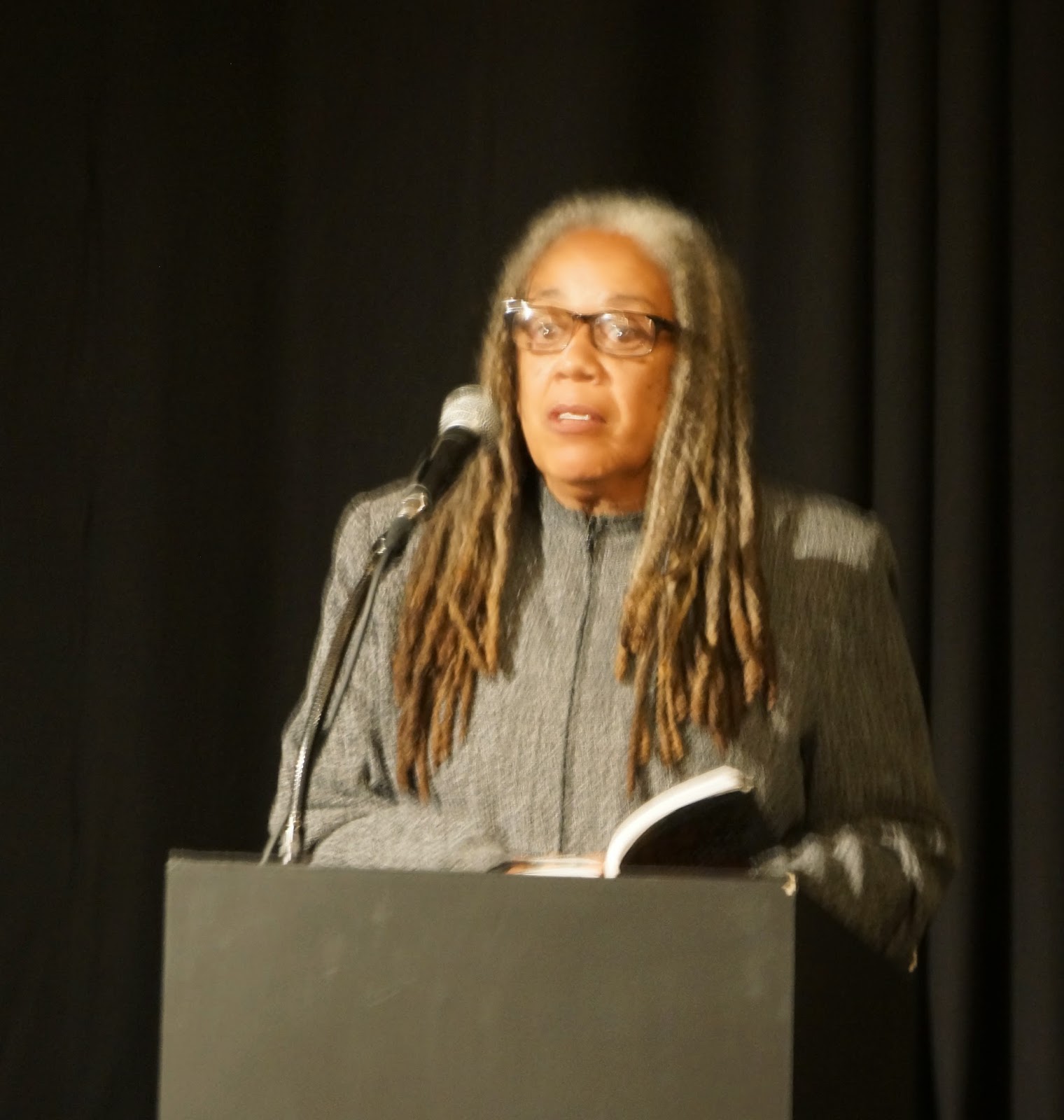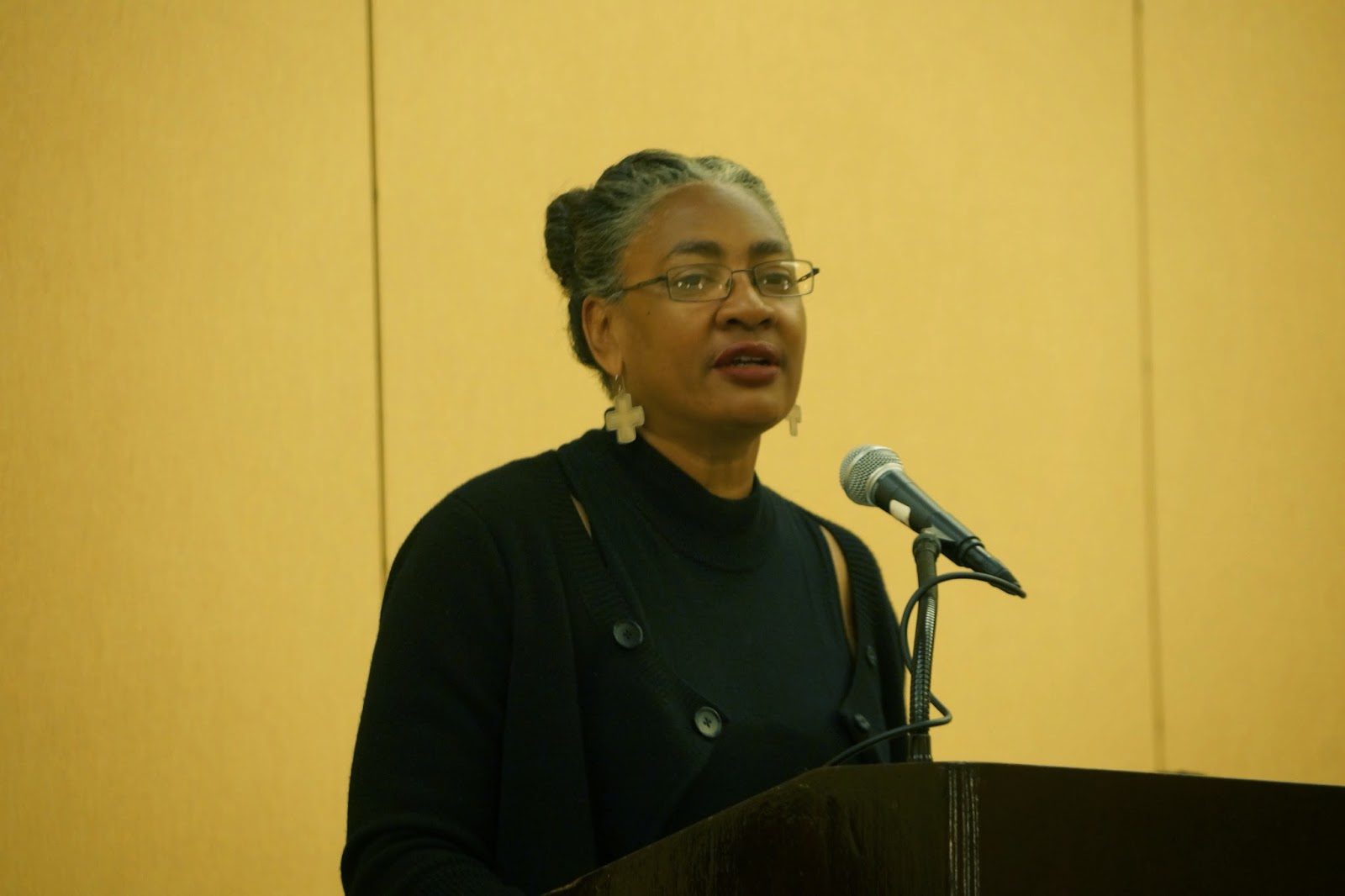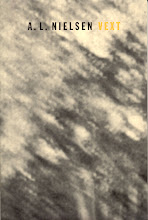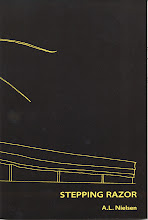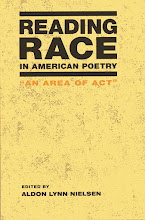The first is one I've been eagerly awaiting, the next release in the project of publishing all of Derrida's seminars. This book gives us the first half of Derrida's considerations on the death penalty (mostly published here for the first time).
Like me, Derrida has a strong early memory of his life long concern with what we so charmingly term capital punishment. While discussing Genet's writing, Derrida quotes, "Weidmann appeared before you in a five o'clock edition . . . ," and Derrida remarks:
"I pause for a moment on this first sentence. I have to say that I remember this photograph myself."
In my own case, my early recollection of deep revulsion at the prospect of capital punishment is of the Charles Starkweather case, a case that has been turned into more than one feature film in the years since my Nebraska childhood.
In neither case, Weidmann's or Starkweather's, was there any question about the condemned man's guilt or about the heinous nature of their crimes. No, the problem was what the cases told us about ourselves. Eugen Weidmann was the last man executed in public in France. A film of the execution was surreptitiously made from a nearby window, and the behavior of the public at the execution was so horrid that public executions were thereafter banned. (As in the U.S., where we are now so much more discreet when we kill our criminals.) Starkweather's 1959 execution was not carried out in public, but the public spectacle surrounding the event caused me to recoil from my own society. In each case, the representations of the death penalty were themselves a damning comment on what capital punishment does to a society. I have been opposed to he death penalty ever since.
This is a deeply thought through and historically grounded book. Part two should be available next year.
Also, from Fordham, comes For Strasbourg, bringing together three late essays by Derrida and conversations he held in 2004 with Philippe Lacoue-Labarthe and Jean-Luc Nancy.















